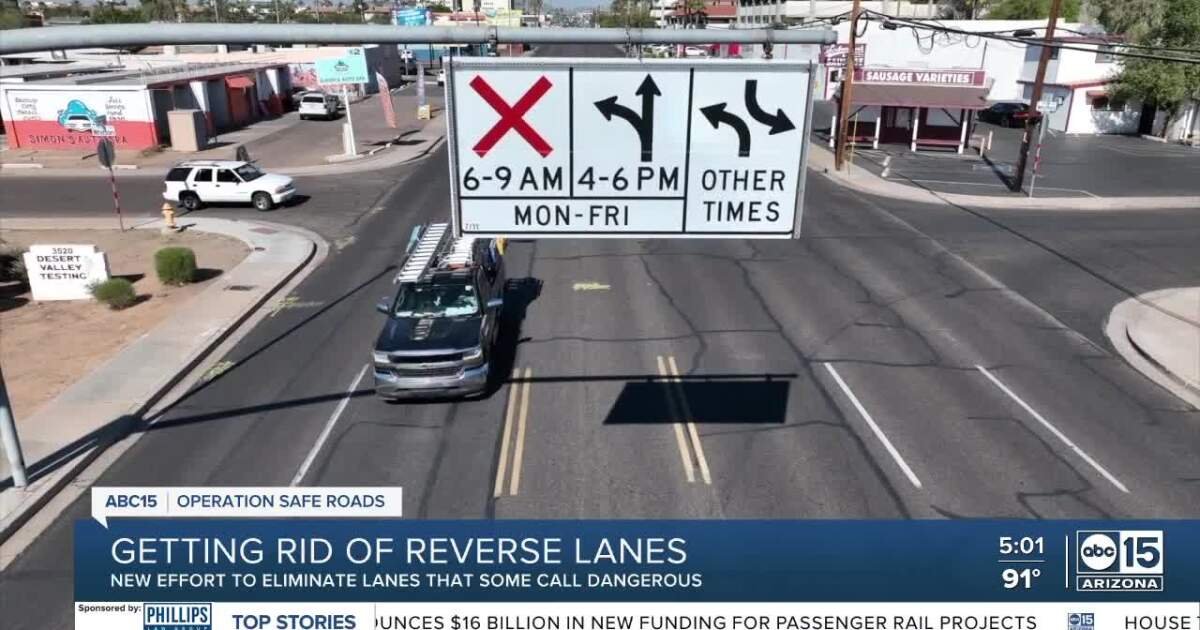What’s Stopping You From Taking the Next Smallest Step Toward Safe Streets?
(Image source: Michigan Municipal League on Flickr.)
We are releasing the "Beyond Blame" report today. The report details findings from the Crash Analysis Studios that Strong Towns has conducted over the past 18 months with residents of cities across North America. It’s sobering and hopeful — and it concludes that, to make a substantial change in traffic deaths, cities must lead.
For us at Strong Towns, that means empowering people on the ground. We need Local Conversations and members to embrace and own the Crash Analysis Studio model. In fact, we will know we have succeeded when we (at Strong Towns) stop conducting Crash Analysis Studios.
So, this piece is for all those Local Conversations and members out there who believe in what the Crash Analysis Studio model is trying to do but are struggling with how to apply it to their own communities. I’ll address some of the common barriers we have heard and suggest tactics and perspectives that I’ve used to overcome similar obstacles.
Concern #1: My city is already working on a Vision Zero plan, so we do not want to distract from the development of that plan.
This is one of the reasons that I am so thrilled that the Vision Zero Network agreed to participate in our press conference to release the report. While I can’t speak directly to their reasons for agreeing, I can speak to our reasons for asking them.
We need help to change the way that cities respond to car crashes. The urgency of 40,000 annual traffic deaths means that we need an all-hands-on-deck approach in our communities. Vision Zero has done amazing work in bringing awareness to this necessary goal — and in pushing cities to change their methods.
Local Conversations and Strong Towns members can and should help generate bottom-up buy-in for a Vision Zero approach in their communities. City leaders and technical staff can choose to see resident-led Crash Analysis Studios as a critical way to build support for Vision Zero. When Vision Zero becomes controversial, the “army” of residents who have been involved in a Studio will be at the city council meeting locking arms and saying, “We need this.”
Concern #2: We don’t want to irritate city leaders (elected officials and technical staff) by conducting a Studio.
When you work in the community, there’s often some tension about how your role relates to the city — are you an ally of city leaders or a community gadfly who’s mostly irritating and constantly critical? To be frank, sometimes the same person winds up playing both roles in their advocacy journey, depending on the situation at hand.
Of course, it’s always ideal when you can act solely as an ally and everyone is on the same page. However, if you don’t have the buy-in needed to prevent people from dying in your community, then it might be time to find a gadfly who can bring more pointed attention to the issue — without being a jerk.
Lean on the urgency of the situation. People are dying on our local streets — you may even know someone who died, which can make it even more painful, personal and frustrating.
Not everyone involved has to be a gadfly. Find a gadfly and a “good guy.” Your good guy can continue to focus on building relationships for the long term and briefing city leaders on your Local Conversation's to-do list.
But the beauty of the Crash Analysis Studio model is that you do not need your city leaders to conduct it. (Most of the Studios that have been conducted thus far were resident-led.) Your gadfly can be the passionate advocate who pushes the envelope and provides the hard evidence that your city can act immediately to make streets safer.
Concern #3: If I conduct a Studio, no one will show up or, worse, no one will listen or read the report.
I am reminded of my favorite TED Talk which will assist with the previous concern as well. In this talk, Derek Sivers extols the virtues of the “first follower.”
You don’t have to have the community’s full attention to start. You need a first follower, and you probably have that within your Strong Towns community. Your Local Conversation can likely bring you the critical mass of first followers to make conducting the Studio worth your time and energy. And, at a minimum, we will listen.
We want to help you start this in your community. We are here to amplify your work. Our Movement Building Team holds regular Office Hours to offer advice. (At times, they bring in members of the Content and Communications teams to give practical advice on how to get attention, how to message and more.) We are here to support you.
Are you ready to take the next smallest step? Here's what you can do:
Share the report with your community and especially your local officials.
Take the free course to learn how to conduct your own Studio.
If you need more help, apply for assistance from Strong Towns in conducting a Studio.






Carlee Alm-LaBar is the Chief of Staff for Strong Towns. Carlee has become a champion for strong communities and civic engagement through her work in Lafayette, Louisiana. She has held senior leadership roles in local government and nonprofit organizations. When she’s not with her husband Will or dog Jozy, she spends her spare time volunteering with a variety of local organizations that build connections between people and empower local residents. Carlee graduated Magna Cum Laude from Northwestern University and holds a master’s degree in Public Administration from Louisiana State University.